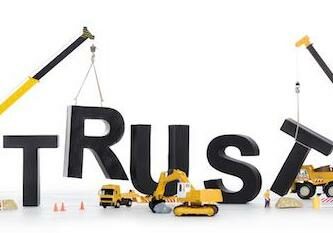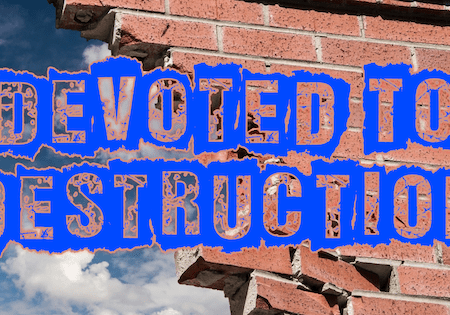Time Is Relentless
Time resembles a relentless river. We are constantly rushing about. The hands on the clock appear to move with forceful speed. This world is addicted to many things, and speed is one of them.
Before the Industrial Revolution, life and work were largely governed by natural rhythms—seasons, daylight, and human limits. However, with the introduction of machines and factories, particularly in Britain from the late 18th century onward, time became something to measure, control, and optimize. The clock became paramount. Factory whistles replaced the sun as signals to start and stop work. Speed equated to efficiency, and efficiency translated to profit.
This addiction to speed came at a cost. Factory workers faced long hours, repetitive tasks, and harsh conditions, all in the name of productivity. Speed dehumanized labor, reducing people to cogs in a machine. It also contributed to the emergence of slums, child labor, and unsafe workplaces. The accelerated pace of life brought about new forms of stress and alienation.
Writers and thinkers of the era noted this change. Charles Dickens, for instance, critiqued the soulless mechanization of life. The Romantic movement emerged partly as a response—a nostalgic yearning for a slower, more “natural” life. However, the momentum of speed was difficult to stop.
Speeds Momentum
The Industrial Revolution planted the seeds of the modern world’s pace. Today, the digital economy is built on the same foundation: faster is better. The obsession with speed—from instant communication to same-day delivery—has roots in that first radical transformation of time and motion.
In short, the Industrial Revolution didn’t just create machines—it transformed human life to prioritize speed. And in many ways, we’re still chasing that clock.
The truth is that hurrying causes us pain. Proverbs says as much: “Haste makes mistakes” (Proverbs 19:2, NLT).
What is our hurry, anyway? Ambition? Pride? Perhaps it’s pain? Maybe we’re simply trying to outrun all the hurts that seem to follow us.
Anne Voskamp expresses it perfectly: “I don’t really want more time; I just want enoughtime, time to do my one life well.” (1000 Gifts, 2012)
So, back to my earlier analogy: if time is like a relentless river, raging on and respecting no one… the question is, how do we stop it? Well, we don’t. However, we can slow it down. Yes, you heard me right. We can slow down time. Have you ever seen a rushing river? Have you ever watched what happens when there’s a blockage? When something is placed into the river—a log or something—what happens? The water slows down. A human body would do the same thing.
A human body in a current of water slows the flow of water around it. This is because the body’s shape and movement create what’s called drag, resisting the current and causing it to slow or change direction around the body. Interpretation?
How To Slow Down
To slow down time, we must fully immerse ourselves in it—we must be present in the moment.
Anne Voskamp sums it up like this: “When I fully enter times swift current, enter into the current moment with the weight of all my attention, I slow the torrent with the weight of me all here. When I’m looking for the glimpse of glory, I slow and enter. And time slows.”
This means:
- I give my full attention when my spouse is speaking.
- I pay full attention to my children.
- I give my full attention to my co-workers.
- I am giving my neighbor my full attention.
- I give my full attention to God.
- I focus completely on His creation and glory
No distractions. No wandering thoughts. All of me. All of my focus is right here. I can slow down time when I become fully present in each moment that God gives me. If I learn to do this, I won’t need more time. I will have enough. Enough to live this one life well.
You might also like these articles...
Building & Rebuilding Trust
As a young father of very young daughters, I would place them, one at a time, on our kitchen counter. When I was ready, I would tell them to jump, which they did and I would catch them. They would laugh and I would smile. It was a good time. As time progressed, I had…
Keep Brushing!
Keep brushing what? Well, for one, your teeth. Interestingly, some people only sporadically brush their teeth until the teeth start to hurt. Then, they get serious about brushing and flossing. But, by that time, it’s too late. A visit to the dentist is now inevitable. So, a trip or two or three to the dentist…
Devoted To Destruction
For Christmas 2021, I bought myself 3 Bibles. One of them is an ESV Readers Bible. It has six volumes and has no verse or chapter divisions. I have been reading it this year and am thoroughly enjoying it. In Deuteronomy, Moses gave a history lesson to the people of Israel of their progression from…




